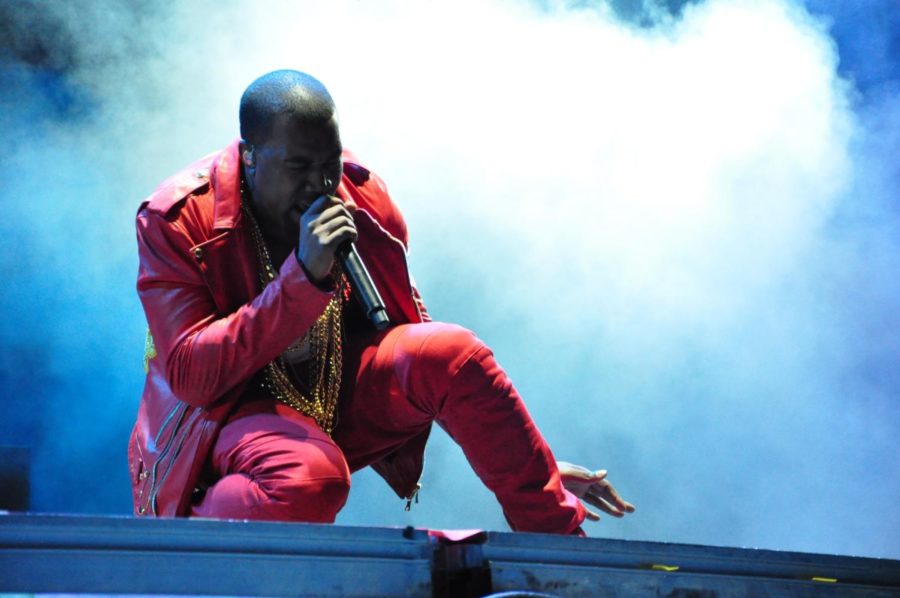Kanye, Corporations, and Cancel Culture
October 28, 2022
A few weeks ago, Kanye West made headlines once again after debuting his “White Lives Matter ” garments at Paris Fashion Week alongside conservative commentator Candice Owens.
This statement has historically been associated with white supremacist organizations. Since then, his rhetoric has escalated, leading corporations and industry leaders to distance themselves from the rapper. Over the past week, West made comments suggesting that drugs were the cause of George Floyd’s tragic death and not police brutality like the courts have concluded.
West also made and doubled-down on anti-Semitic remarks, suggesting that the Jewish community was a part of a conspiratorial network designed to “own the Black voice.” These types of comments are not new, but, coming from an esteemed rapper with hundreds of millions of fans and followers gives them another layer of legitimacy, exacerbating the potential of harm for members of the Jewish community.
Kanye West is no stranger to controversy. Throughout the past couple of years, he has inflammatory and offensive remarks, such as the insinuation that slavery was a choice. Somehow, each time he has come under fire for his language, he has managed to make an impressive recovery. This is due to a combination of fanaticism surrounding his music catalog and because of his extensive ties to fashion and media brands.
A West-comeback is unlikely to occur this time around. Why? Because this time, companies have actually done something about it. Almost overnight following West’s recent comments, a multitude of corporations ended their relationships with the rapper, including (but not limited to) Balenciaga, Def Jam, Gap, the Creative Arts Agency, and, most surprisingly, Adidas. It is estimated that the rapper has lost close to $1 billion in potential earnings.
In the age of “cancel culture”, corporations have played a unique role in shaping the narrative around the range of tolerable speech. A unique dynamic between artists and the platforms they use to broadcast their work has also emerged – for example, Neil Young left Spotify after the music streaming platform refused to cut ties with Joe Rogan after he spread misinformation about the COVID-19 pandemic. The impact of this was negligible, as it only really impacted Young himself and the people that love his music.
West’s swift and dramatic fall from grace this week reveals that while artists and consumers can use their voices to denounce hate speech and the spreading of dangerous misinformation, the true power lies with corporations. The voices that corporations choose to amplify versus the voices that corporations aim to silence are a clear indicator of where their priorities lie. In West’s case, it is likely that these companies realized that West’s growing unfavourability would translate to a decline in sales, expediting the process of his ousting.
Regardless, the pivotal role that corporations have played in the “cancellation” of Kanye West has redefined the relationship between artists, corporations and consumers, and sets an interesting precedent for how these actors will interplay the next time an artist is subjected to a public reckoning.






















